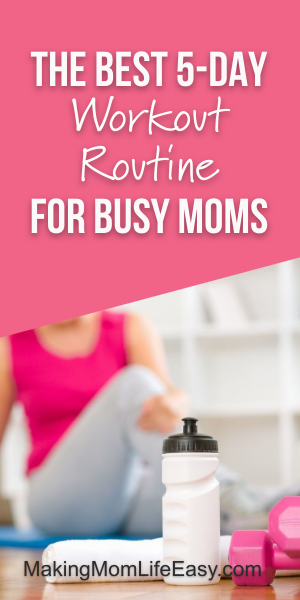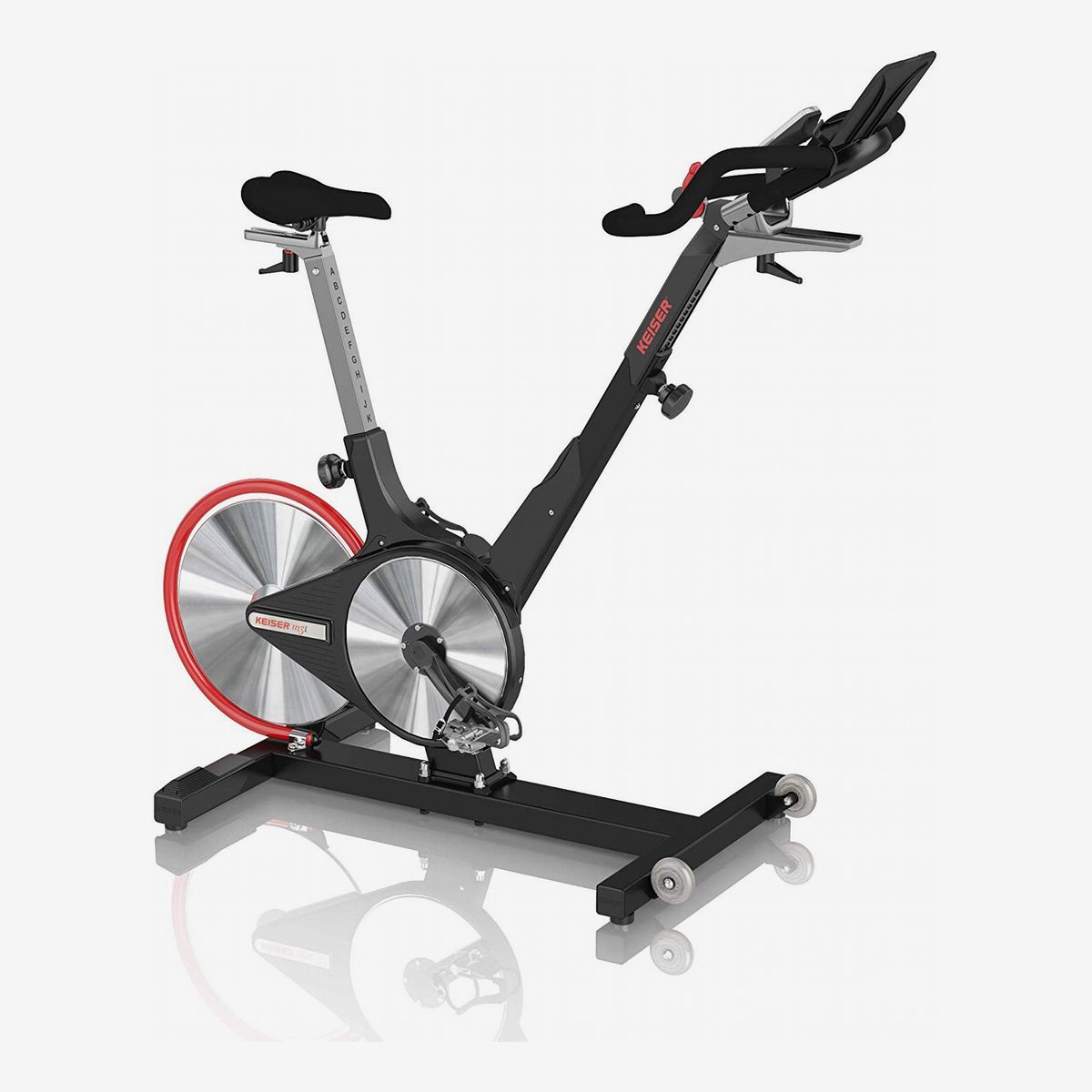
There are many opportunities for personal trainer jobs in Hawaii. You can help clients get healthier or rehabilitate from injuries. You could also work in a resort setting where you can assist both locals as well as tourists. Remote work is possible, which could allow you to make the most out of your work-from home lifestyle.
Average salary for personal training in Hawaii
While being a Hawaii personal trainer can be extremely lucrative, it is important to have the right training and certifications. You can get a degree in fitness coaching from one of the many accredited universities and colleges in Hawaii. These programs are typically two- to four-year long and can include coursework in physiology and nutrition as well as fitness theory.
You must have a degree in a related field to become a personal coach in Hawaii. There are many opportunities for this type of job in Hawaii, including a branch of the 24-hour fitness chain. There are 14 highly experienced personal trainers employed at the Honolulu Club, a large gym. Personal trainers in Hawaii can work with tourists and locals alike.

Hawaii is a great place to live and work. Being a personal training professional can make you a highly-paid career. According to the May 27, 2021, an average personal trainer salary in Hawaii was $65,550. The salary you receive will depend on where you live, what certifications you have, and how many years of experience.
The education required to become an instructor in Hawaii
The state of Hawaii is home to many excellent colleges and universities that offer degrees for aspiring personal trainers. It is possible to earn your degree online or in a classroom setting. A variety of courses are offered in Hawaii to help you become a certified personal trainer.
Hawaii is home to a low rate of obesity among adults, and many individuals who live here are seeking out personal trainers to help them reach their fitness goals. A personal trainer can assist clients with improving their health through nutrition and exercise. They can also work with individuals who are seeking to improve their physical fitness by overcoming physical limitations, such as injuries.
Personal trainers in Hawaii make some of the highest salaries anywhere. Hawaii's personal coaches earned an average salary in 2021 of $65,550. Based on education level, certifications or years of experience, the range in pay varies greatly.

Personal trainer jobs in Hawaii
Personal trainers are in great demand in Hawaii, and a career as one in this state can provide a high-paying career. According to the Bureau of Labor Statistics in 2013, personal trainers from non-metropolitan regions earned the fifth highest average national salary. Hawaii has a high level in physical fitness and a healthy lifestyle. There are many opportunities to become a personal trainer.
There are many colleges and universities that offer training in this subject. For instance, the University of Hawaii at Manoa offers a Bachelor of Science in Kinesiology and Rehabilitation Science, and Brigham Young University offers a Bachelor of Science in Exercise and Sport Science. These schools offer intensive courses for exercise science and psychology as well as sports physiology.
Personal trainers can be found in gyms or fitness centers. They work with clients to improve their overall health, fitness, and well-being through custom exercise programs or training programs. Personal trainers in Hawaii can help clients lose weight through advice about nutrition and proper diet.
FAQ
Is it necessary to eat before exercising?
No. It doesn't matter what you eat before going to the gym. However, if you're hungry after working out, you might want to snack on something light like fruit or yogurt.
Does exercise cause me to lose weight?
Yes. Regular exercise can help you shed extra calories and lose weight. You can also increase your metabolism, which means you will continue to burn calories even if you don't exercise.
Is it safe to exercise in cold weather?
Exercise outside whenever possible. You can exercise outside regardless of the weather. Wind speed, humidity, precipitation, and visibility also play a role. Wear layers of clothing to keep you dry from rain and windchill when you exercise outside in inclement conditions.
What is Resistance Training?
Resistance training involves using weights or other objects to perform specific movements. Lifting weights helps strengthen your arms, shoulders, chest and back, as well as your legs, hips, and core. Resistance training builds muscle mass, increases bone density, and promotes greater overall strength.
How does caffeine affect my sleep?
Caffeine can affect how quickly you fall asleep, and how well you sleep. Caffeine induces drowsiness which makes it easier to fall asleep. However, caffeine can keep you awake longer and make it more difficult to fall asleep. Drinking coffee or energy drinks before bedtime is a bad idea.
How do I get started with Fitness?
Start small. Try taking 10 minutes each day to walk around the block. This will give you basic movement patterns and give your muscles time to adapt to the new routine. Once you've mastered this simple form of exercise, try adding more steps to your daily routine.
What is the importance and benefits of good nutrition for your health?
Nutrition is important for our health and well-being. Healthy eating includes whole grains, fruits, vegetables, lean protein, dairy, and other healthy foods. Good nutrition is key to good overall health.
Statistics
- Globally, 81% of adolescents aged 11-17 years were insufficiently physically active in 2016. (who.int)
- One study showed that adults who watch more than 4 hours of television daily had an 80% higher risk of death from cardiovascular disease. (heart.org)
- Globally, 28% of adults aged 18 and over were not active enough in 2016 (men 23% and women 32%). (who.int)
- In 2018, the World Health Assembly agreed on a global target to reduce physical inactivity by 15% by 2030 and align with the Sustainable Development Goals. (who.int)
External Links
How To
How to Burn Belly Fats Faster
Belly Fat is often considered a problem for those who want to lose weight. When you stop and think about it, Belly Fat can actually be a blessing. It is the fat in your stomach that protects your organs. Let's now see how to quickly lose belly fat.
The main factors that contribute to our body fat accumulation are stress and inactivity. Cortisol hormone is stimulated by stress, which causes us to feel constantly hungry. Cortisol levels are increased by insulin. The excess calories stored as fat are then stored by insulin. An increased appetite can be caused by a lack of sleep. These extra calories can also be reduced by exercise
There are many methods to lose belly fat. You can try any one of them depending upon your budget. Here are some quick tips to get rid of belly weight.
-
Reduce the amount of food you eat. Instead of eating three large meals a day, eat smaller meals. You will eat less calories in general.
-
Drink lots of water. Water helps flush out toxins from the body and keeps you hydrated. Also, drinking water before every meal will keep you feeling full longer so you won't overeat.
-
Avoid unhealthy snacks. If you're looking for quick fixes, snack foods like chips, cookies, candies, etc. These tempting snacks might look appealing. These fattening treats are best avoided as they have too many empty calories and sugar. Choose healthy alternatives like fruits and vegetables, nuts, seeds, whole grains, and seeds.
-
At least three times per semaine, do strength training. Strength training builds muscle mass that burns more calories, even when it is done while you rest. It strengthens bones and muscles, ligaments, muscles, tendons, heart, lungs, as well as joints.
-
Walk or stretch regularly. Stretching increases flexibility and mobility. It also reduces back pain. Walking is great for burning calories.
-
Reduce alcohol intake. Reduce alcohol intake. Alcohol is a waste of calories and has no nutritional value.
-
Slowly lose weight. The first step towards losing weight is to identify what your current weight is. Calculate your ideal weight by adding approximately 5% to 10% of the total weight. Once you have reached your target weight, begin decreasing your daily calories intake by 500-1 000 calories until you reach your goal.
-
Avoid processed food. These foods are high on sugar, salt, and additives. Even though they can be very convenient, these foods lack sufficient nutrients to support your health.
-
Don't skip breakfast! A good breakfast can improve concentration, memory, as well as energy level. You should have protein (such as eggs) and fiber (such as oats) for breakfast.
-
Have regular bowel movements. Constipation and irregularity can cause gas and bloating. Drink plenty of water to prevent gas and fiber ingestion.